
Nurturing emotions
Intuitive writing - have you ever heard of it? Simply put, intuitive writing is using intuition to write. With traditional writing, the writer will build a pre-structured article and then apply writing techniques, select words to write the content as desired.
Intuitive writing, on the other hand, can come at any time without preparation or calculation. To allow intuition to guide the writing, we must first consider writing as a nurturing process, not just happening at the moment we sit in front of the computer or move the pen on a blank page to convey our thoughts and feelings into a text.
When we “inhale”, we broaden our horizons, taking in new knowledge and experiences. These can be books, articles, conversations with friends, or even quiet moments alone. This is also a cumulative process, where each small piece contributes to the overall picture of life.
But just “inhaling” is not enough, writing is how we “exhale”, turning what we have learned into thoughts, stories. It is a creative process, where each word, each sentence carries within it a part of the writer.
Writing is not just a matter of recording what we have learned, but also a deep reflection of the soul and mind. The writer must consider the whole process from acquiring knowledge, experience, inspiration to writing as a cycle, like the cycle of the body.
To write, you have to allow yourself time to balance your breathing, not just inhaling or exhaling, but a harmonious coordination of both. In other words, to delve deeply into writing, you have to delve deeply into life, allowing yourself to enjoy life.
Writer Haruki Murakami is famous for his daily writing routine. He wakes up at 4am, writes for 5-6 hours, and then spends the rest of the day reading, jogging, and thinking. This process helps him maintain a balance between charging and writing, while nurturing inspiration and ideas for his works.
Talking to yourself through writing
“The Parisian” (original title: “A Moveable Feast”) is a memoir by Ernest Hemingway, about the years he lived and worked in Paris in the 1920s. This was an important period in Hemingway's writing career, when he met and befriended many other famous writers and artists such as F. Scott Fitzgerald, Gertrude Stein, and Ezra Pound.
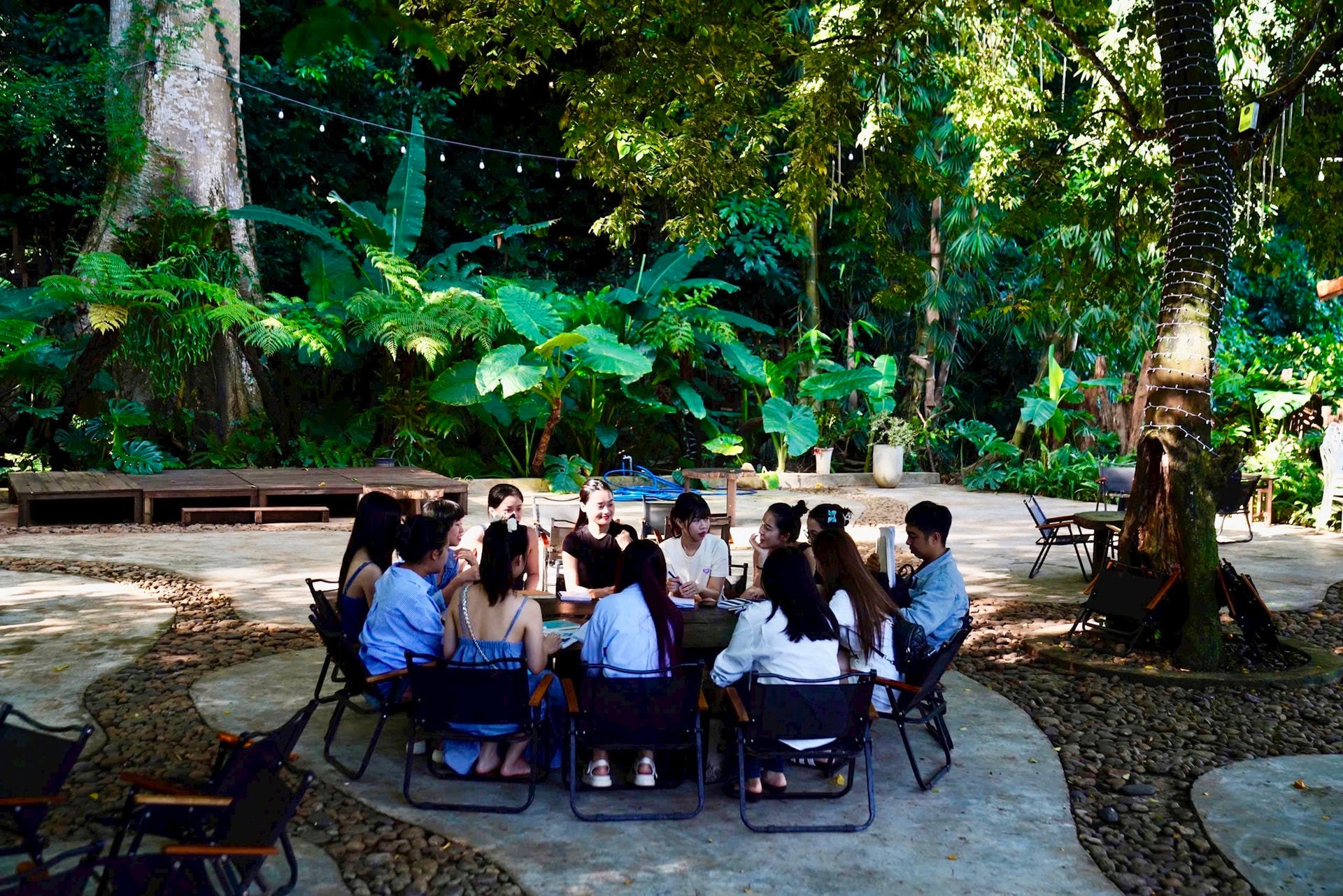
In addition to detailing his writing habits, Hemingway also emphasized the importance of living and experiencing life in order to write authentically and deeply. He often took the time to observe and record the small details of everyday life, from conversations at cafes to street scenes in Paris. These experiences became an endless source of inspiration for his works.
The book also discusses the difficulties and challenges Hemingway faced in his writing process, from finding inspiration to dealing with external pressures. However, he always persevered and constantly worked to perfect his writing skills. Hemingway believed that maintaining a regular writing habit and balancing “inhaling” and “breathing” were the keys to creating excellent works.
As a practitioner and teacher of intuitive writing, I have never called it a healing writing method, although some students have told me that they have been healed by practicing this method. Some have rediscovered their passion for painting and photography. Some have learned to reconcile with their inner voices. Some have cried when they reached deep into painful memories, and burst into happiness when they had the courage to face locked dark rooms. Some have become confident, no longer afraid that what they write will please others. Above all, they can connect with their past, present, and future.
Healing is simply understood as people facing, accepting and overcoming psychological shocks or life events, not letting themselves be affected or haunted by too much mental trauma. On the journey to explore the land of the soul through writing, old wounds gradually become healed.
Start by learning how to properly nourish your soul. The journey of connecting with yourself through “writing like breathing” is the most effective healing method.
Source: https://baoquangnam.vn/viet-nhu-la-hit-tho-3157839.html


![[Photo] General Secretary To Lam, Secretary of the Central Military Commission attends the 12th Party Congress of the Army](https://vphoto.vietnam.vn/thumb/1200x675/vietnam/resource/IMAGE/2025/9/30/9b63aaa37ddb472ead84e3870a8ae825)
![[Photo] General Secretary To Lam receives US Ambassador to Vietnam Marc Knapper](https://vphoto.vietnam.vn/thumb/1200x675/vietnam/resource/IMAGE/2025/9/29/c8fd0761aa184da7814aee57d87c49b3)
![[Photo] Solemn opening of the 12th Military Party Congress for the 2025-2030 term](https://vphoto.vietnam.vn/thumb/1200x675/vietnam/resource/IMAGE/2025/9/30/2cd383b3130d41a1a4b5ace0d5eb989d)


![[Photo] The 1st Congress of Phu Tho Provincial Party Committee, term 2025-2030](https://vphoto.vietnam.vn/thumb/1200x675/vietnam/resource/IMAGE/2025/9/30/1507da06216649bba8a1ce6251816820)








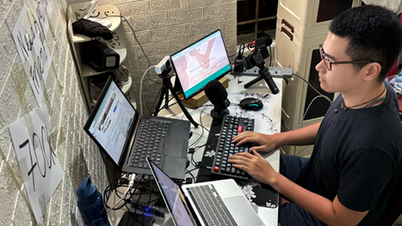

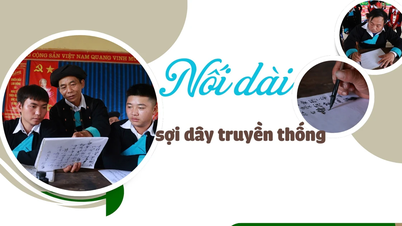

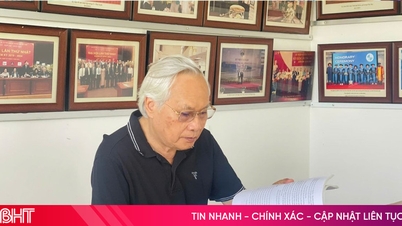















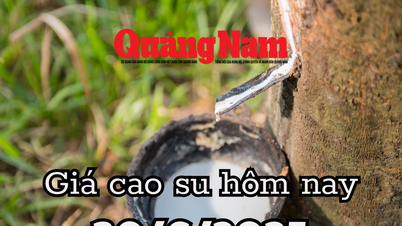


![[Photo] General Secretary To Lam attends the ceremony to celebrate the 80th anniversary of the post and telecommunications sector and the 66th anniversary of the science and technology sector.](https://vphoto.vietnam.vn/thumb/1200x675/vietnam/resource/IMAGE/2025/9/29/8e86b39b8fe44121a2b14a031f4cef46)




































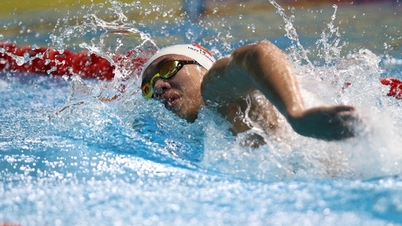



























Comment (0)